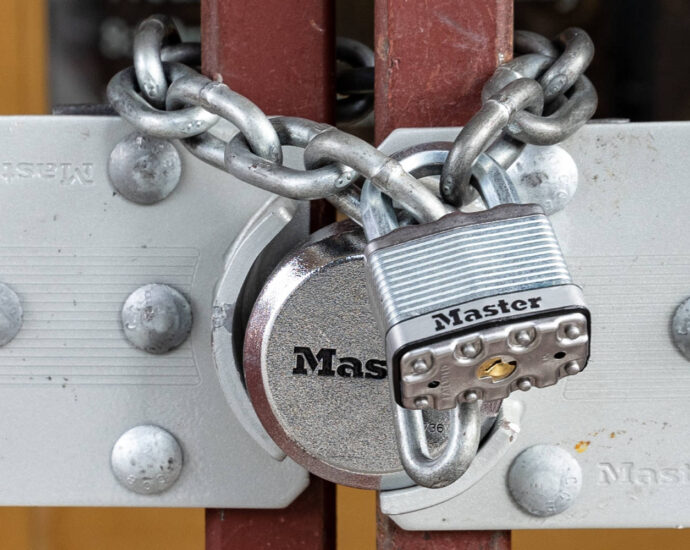Home Depot, Marriott, Equifax, Yahoo… What do these companies have in common? They all are on the list of the largest data breaches. And unfortunately, my information was stolen from three of these companies. This led me to freeze my credit and that of my family. At the time, credit locks weren’t available. If you’re researching credit freezes and credit locks, here are some of the similarities and differences to help you make the decision that’s right for you.
Similarities between a credit freeze and a credit lock
Both limit new access to your credit report. Whether you decide on a credit freeze or lock, neither will allow new creditors – that is, lenders who don’t have an ongoing relationship with you – to access your credit. If you have a credit card with a company, even with a freeze/lock they may routinely check your credit to ensure you are still a credit-worthy customer.
Neither prevents stolen information from being used. If your credit card number is stolen, a credit freeze/lock will not protect you from someone charging items to your card. Similarly, if someone has your bank account information, they still could log in and empty your account.
How quickly can I activate/deactivate? While there are a lot of blogs and web pages that claim a credit freeze takes longer to activate or deactivate, the majority happen in one hour. You may see the timing on a credit freeze explained as up to three to five days, but that’s mainly because the government provides oversight. In my dealings, I’ve never had it take longer than an hour.
Contact each bureau. Unlike receiving your credit report, there’s no one central clearinghouse for credit freezes or credit locks. You will need to contact each credit bureau to set up the freeze/lock and then activate or deactivate it if you need credit.
Differences between a credit freeze and a credit lock
Cost. Thanks to a federal law passed in 2018, you cannot be charged to freeze or unfreeze your credit. Credit locks are free at TransUnion and Equifax, but Experian charges you monthly for this service. Given credit locks are a product of each company with no government oversight, they could decide at a moment’s notice to change their prices.
Length of service. A credit freeze generally lasts until you remove it; however in a few states it will expire after seven years. A credit lock lasts as long as you maintain (and pay for) your subscription with the credit bureau.
Ease of access. While the time for activating or deactivating is very similar, the process may differ. Credit locks can often be activated/deactivated through an app or website. When I first got a credit freeze, it seemed to take an act of Congress to activate or deactivate it. I would have to answer questions about accounts I had ten years ago to prove my identity; it was almost as if the credit bureaus didn’t want the headache. More recently, it’s been extremely easy, with me simply logging into my account and receiving a two-factor passcode via text.
You definitely need one or the other
I feel more comfortable with a credit freeze because it provides a few more protections since it’s governed by a federal law and also doesn’t require me to have a subscription with each credit bureau. Whatever you decide though, you definitely need to consider a freeze or lock.
Children. While it doesn’t happen often, there have been reports of minors being the victims of identity theft. In fact, we once received a notice that my son may have had his information stolen when he was five. Since newborns receive Social Security numbers soon after birth, freezing their credit immediately seems prudent.
Elderly. Before my mom died, we talked about the dangers of credit. She had paid off a house and car and always paid the full amount on her credit card. Yet she needed no new credit. If your parents are in a similar situation, consider having them freeze their credit.
How often do you apply for credit? If you’re still on the fence, consider how often you apply for new credit. Over the past three years, my wife and I have applied for a credit card that provides travel benefits and another for the cash back options. When we purchase a house, we will need to open our credit for mortgage lenders. However, the process is easy: I simply ask them to temporarily unfreeze my account for a set period of time.
Unless you are about to apply for a new loan I strongly recommend you freeze your credit. The safeguards provided by a freeze definitely outweigh the 15 minutes it takes to manage when you need new credit.
Photo by Kevin Bidwell
